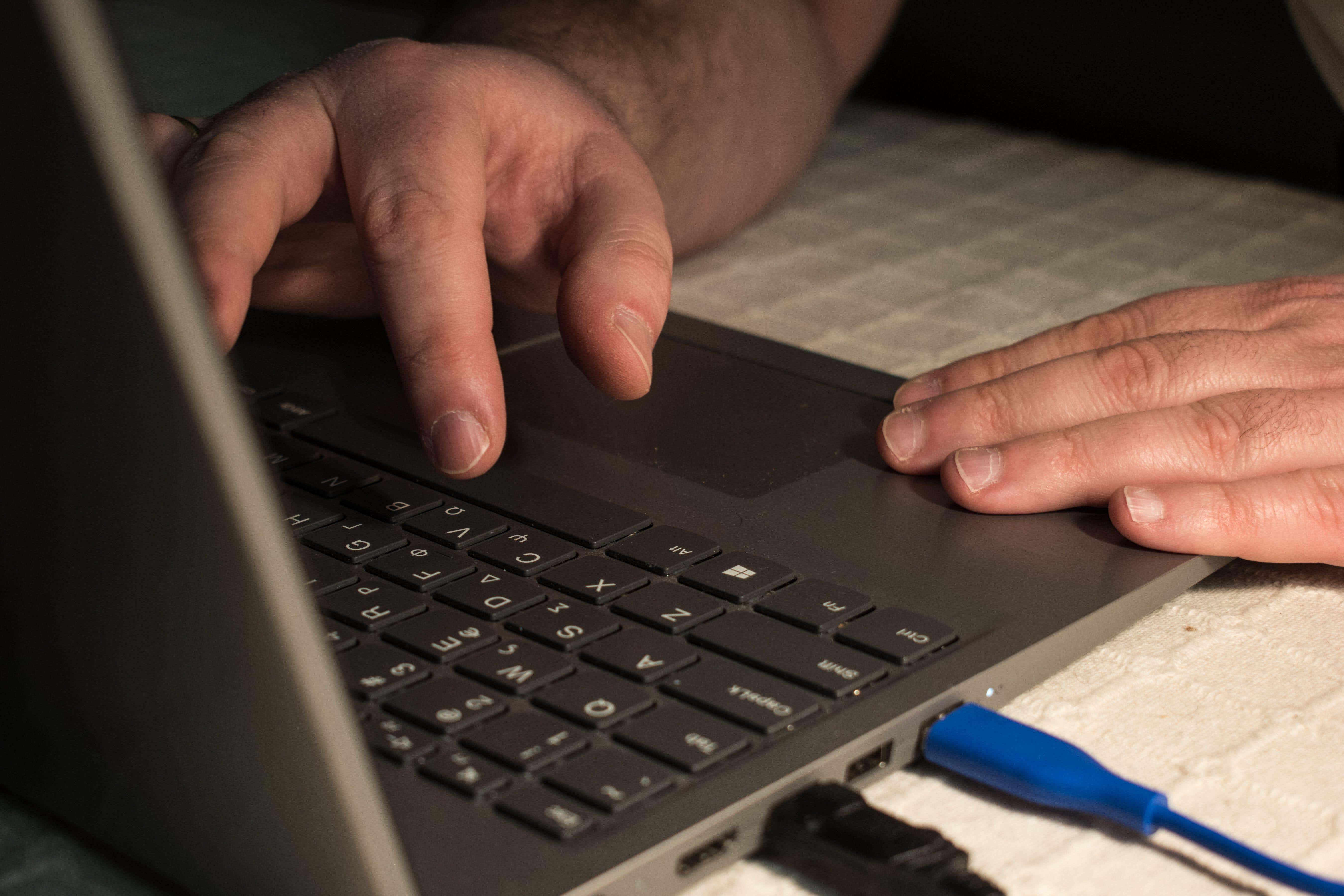Incels are ‘desperate, depressed cohort of men’, says Government adviser
They tended to report a high degree of victimhood, anger and misogynistic attitudes, researchers found.

Your support helps us to tell the story
From reproductive rights to climate change to Big Tech, The Independent is on the ground when the story is developing. Whether it's investigating the financials of Elon Musk's pro-Trump PAC or producing our latest documentary, 'The A Word', which shines a light on the American women fighting for reproductive rights, we know how important it is to parse out the facts from the messaging.
At such a critical moment in US history, we need reporters on the ground. Your donation allows us to keep sending journalists to speak to both sides of the story.
The Independent is trusted by Americans across the entire political spectrum. And unlike many other quality news outlets, we choose not to lock Americans out of our reporting and analysis with paywalls. We believe quality journalism should be available to everyone, paid for by those who can afford it.
Your support makes all the difference.Incels are a “desperate, depressed cohort of men” suffering with poor mental health and ways must be found to integrate them into society, a Government adviser has said following the largest study on the subject to date.
Commissioner for Countering Extremism (CCE) Robin Simcox suggested that looking at the issue through a security or counter-terrorism lens is “not often going to be the most appropriate response”.
Researchers from Swansea University defined incels (involuntarily celibates) as a sub-culture community of men who forge a sense of identity around their perceived inability to form sexual or romantic relationships and noted that there has been a small, but growing, number of violent attacks recently attributed to people identifying in this way.
They described their study of 561 incels – 199 from the UK and 362 from the US who completed online questionnaires – as the largest global research on the subject to date.
This study is the most exhaustive research into incels yet and provides a major challenge to conventional wisdoms on the topic
It found the mental health of incels was typically very poor, with one in three incels reporting they had contemplated suicide every day for the past two weeks.
The findings also pointed towards high levels of neurodiversity, the researchers said, with around a third passing the cut-off for a medical referral in the autism spectrum questionnaire.
Incels also tended to report a high degree of victimhood, anger and misogynistic attitudes, researchers found.
They said that while commentators have suggested a link between incels and the far right, this research found that incels were politically centre-left on average.
However, the 5% who agreed that violence against individuals that cause incels harm is often justified were politically centre-right, the study found.
Responding to the research, which was commissioned by the CCE, Mr Simcox said: “What incels truly think and believe has been the source of consistent speculation and conjecture.
Finding ways to ensure this desperate, depressed cohort of men, often with poor mental health, are integrated into society and given appropriate support should also be a key part of any response
“However, all of us – including those who work in counter-extremism – should be led by the evidence.
“This study is the most exhaustive research into incels yet and provides a major challenge to conventional wisdoms on the topic. It is no surprise to see the authors uncovered alarming and unacceptable attitudes of misogyny and hatred towards women from incels.
“However, the report’s findings suggest that adopting a security or counter-terrorism lens towards incels is not often going to be the most appropriate response. Neither is scaremongering about them forming part of a global Extreme Right Wing threat.
“Where there is a risk of violence, the appropriate authorities must always be informed. However, finding ways to ensure this desperate, depressed cohort of men, often with poor mental health, are integrated into society and given appropriate support should also be a key part of any response.”